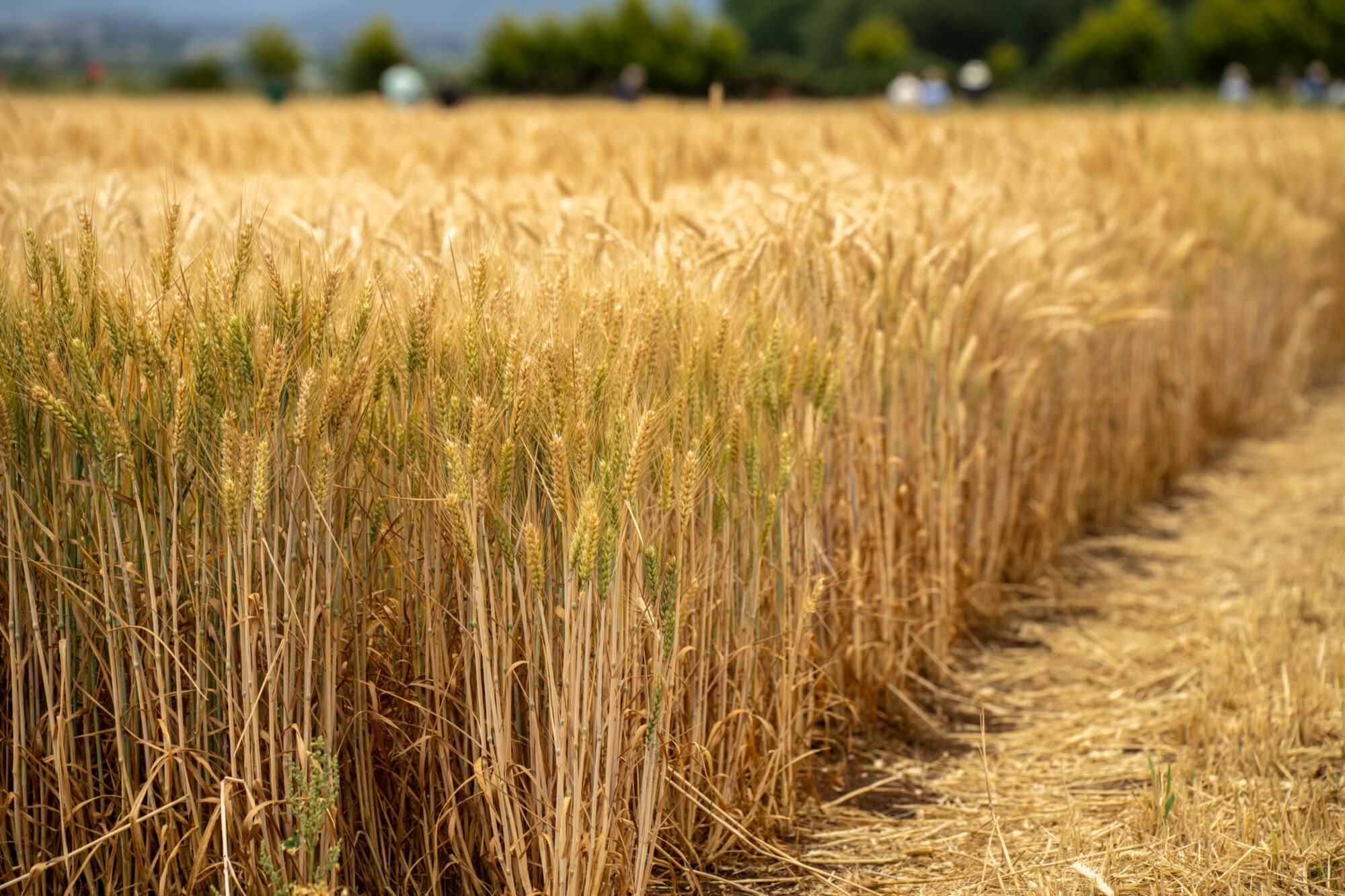The agrifood supply chain is undergoing a fundamental transformation, and nowhere was this more evident than at the recent session between Map of Ag and ADM at The Oxford Farming Conference.
This gathering of minds served as a critical junction for discussing the pressing challenges and transformative strategies shaping the future of farming. The conversation, enriched by insights from ADM’s Jonathan Lane and sustainability expert Hugh Martineau, revealed a collaboration making a major shift towards regenerative practices.
Jonathan Lane, Managing Director of ADM Agriculture, provided a panoramic view of the company’s journey toward sustainable and regenerative agricultural practices. With an emphasis on “utilising the power of nature,” Lane clarified ADM’s dedication to nurturing a food system that is both nutritious and conscientious of its environmental footprint. ADM’s strategy encapsulates a holistic approach, from reducing greenhouse gas emissions to enhancing soil health and protecting water quality. The company’s regenerative program, which ambitiously targets 4 million acres globally, stands testament to its commitment to environmental stewardship.
Lane highlighted the interconnected elements within the agricultural supply chain, emphasising that “carbon emissions across the supply chain are shared by those involved in producing food.” This statement not only underscores the collective responsibility but also the collective opportunity that lies within the grasp of every stakeholder in the farming ecosystem. He brought to light the innovative collaboration with PepsiCo, which champions regenerative farming on an international scale, and discussed the UK’s evolving legislative landscape that continues to redefine the parameters of sustainable agriculture.
Hugh Martineau, Technical Director of Sustainability at Map of Ag, delved deeper into the realm of emissions monitoring. The post-Paris Agreement era has seen a surge in MRV processes, and Martineau spotlighted the need for robust and transparent methodologies. The CoolFarm Tool was singled out for its transparency and adaptability, vital characteristics in the fast-evolving landscape of emissions measurement.
Both speakers tackled the issue of data, recognising its paramount importance in accurately assessing and improving agricultural practices. Martineau noted, “The most important thing we should be really looking at is how we access and utilise activity data from the farm.” This attention to data integrity and permissioning is a cornerstone of Map of Ag’s approach, ensuring that farmers can participate in these programs with confidence.
We cannot help but reflect on the challenges that come with such ambition. Lane addressed the difficulty in engaging farmers and the hurdles presented by the verification process. Yet, there was a sense of optimism as he spoke of the market’s rapid evolution and the growing appetite for sustainability that is reshaping consumer demands.
When listening to the thoughts shared by Lane and Martineau, several thought-provoking themes emerge. The first is the momentum behind regenerative farming practices. This approach to agriculture has the potential to redefine our relationship with the land, shifting from extractive to restorative. The second is the recognition that the path to sustainability is not solitary. It requires a number of stakeholders, each playing their part in harmonising the needs of people, planet, and profit.
The session also presented a challenge to the broader industry, calling stakeholders to rise to the occasion and meet the growing demands for sustainability head-on. It underscored the need for actionable insights, derived from accurate data, to inform better farming practices that can sustainably feed the world without depleting its resources.
The conversation at The Oxford Farming Conference was more than just a dialogue; it was a call to action. As the agricultural sector stands at the crossroads of change, it is imperative that we learn from the insights offered by industry leaders such as ADM and Map of Ag. Their collaboration is paving the way for a future where sustainable farming is not just a niche but the norm.
Whether you are grappling with the challenges of sustainability or eager to implement regenerative practices, Map of Ag stands ready to support your journey towards a more sustainable and resilient food system.
To explore how Map of Ag can support you on your sustainability journey, please visit mapof.ag or contact us on info@mapof.ag for further information.


